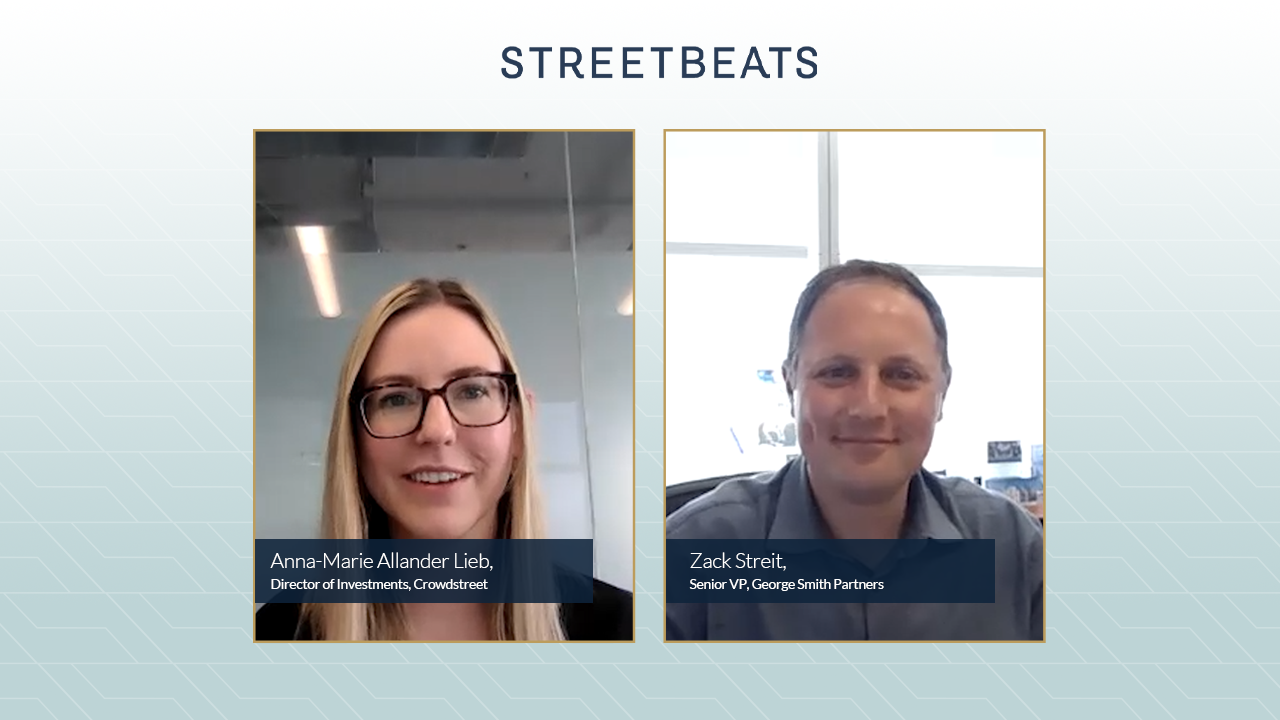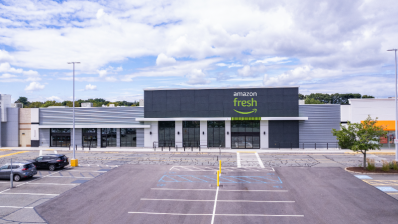
In this episode of StreetBeats, Crowd Street's Director of Investments, Anna-Marie Allander Lieb, and George Smith Partners' SVP Zack Streit talk about the increase in consumer spending and savings, as well as the pent-up demand for more 'revenge travel' in the wake of restrictions. All this and more on this capital markets update.
